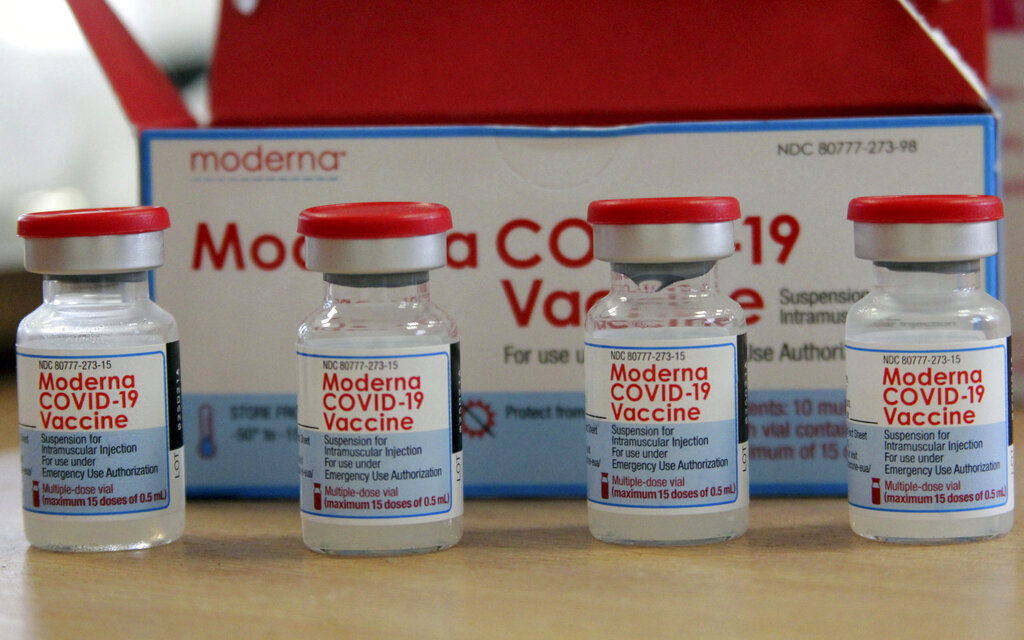More Israelis are experiencing injuries and reactions following COVID-19 booster shots than the country’s passive reporting system indicates, according to a survey conducted by the Israeli Ministry of Health.
The MOH conducted an active survey of booster shot recipients to collect data on adverse events associated with booster doses, then compared the survey data to the data available from the country’s passive reporting system.
The survey concluded Israel’s passive reporting system was grossly underreporting adverse events.
The data from the Israeli survey could provide some insight into the extent of the underreporting occurring in the U.S.
It also could corroborate safety signals the Centers for Disease Control and Prevention (CDC) is ignoring.
READ ALSO: Johnson & Johnson COVID-19 vaccine kills woman, 52, two weeks after jab
More than 4,000 people were selected for the questionnaire. Of those, 2,049 were considered reliable reports. The questionnaire was conducted between 21-30 days from the date the booster was administered.
The survey identified more than 40 different categories of vaccine reactions for both men and women. It also questioned a subset of women about their menstrual cycle.
Four of the 40 categories are immediately relevant to the booster rollout in the U.S. and any subsequent boosters the CDC might authorize moving forward.
Six of the 2,049 (.29%) respondents were admitted to hospital following the booster shot. That number, though seemingly insignificant, carries more import when extrapolated to the millions of booster doses that have been administered:
Israel: 4.5 million booster doses administered = 13,000 hospitalizations; U.S.: 92 million booster doses administered = 270,000 hospitalizations.
Six different categories of reported “chronic morbidities” (pre-existing diseases) were identified. These were the proportions of respondents in each category that reported a worsening of their disease after receiving a booster:
Heart disease = 5.4%; Hypertension = 6.3%; Lung disease = 7.0%; Diabetes = 9.3%; Anxiety disorder or depression = 26.4% and Autoimmune disease = 24.2%.
Ten different categories of neurological side effects were reported, including tingling sensations, Bell’s Palsy, blurred vision, convulsions and involuntary movements.
Also, 3.9% of respondents reported an allergic reaction following the booster dose (rash, difficulty breathing, face/throat swelling), though no instances of anaphylaxis were reported.
READ ALSO: Post- COVID era: Mandatory vaccination ends for care workers in UK
While the U.S. government-run Vaccine Adverse Event Reporting System (VAERS) does not track information specific to a woman’s menstrual cycle, the volume of reported irregularities from the Israeli survey bears note.
Of the 615 female respondents who were under the age of 54, 59 (9.6%) reported menstrual irregularities. These women were surveyed in a follow-up interview. Within this subgroup, according to the survey, more than 88% of women reported a regular menstrual cycle before the booster dose.
However, after the booster dose: 31.1% sought medical treatment for menstrual irregularities; 9.1% received medication for the adverse reaction; 39.0% suffered similar side effects after previous COVID vaccinations.
More than two-thirds of women reported that these initial conditions waned in the five-month interval between the primary dose series and booster dose, but the conditions returned after the booster was administered. About half the women reported their adverse event was ongoing during the seven- to 12-week window of the follow-up.
Due to the overwhelming number of anecdotal reports of menstrual irregularities here in the U.S., the National Institutes of Health in September 2021 awarded Boston University a $1.67 million grant to study the effects of COVID vaccines on menstruation. The results are expected to be published in spring of 2022.

 Inspirational1 week ago
Inspirational1 week ago
 Featured7 days ago
Featured7 days ago
 Crime7 days ago
Crime7 days ago
 Featured1 week ago
Featured1 week ago
 Editorial4 days ago
Editorial4 days ago
 Business6 days ago
Business6 days ago
 Business3 days ago
Business3 days ago
 Agribusiness2 days ago
Agribusiness2 days ago

